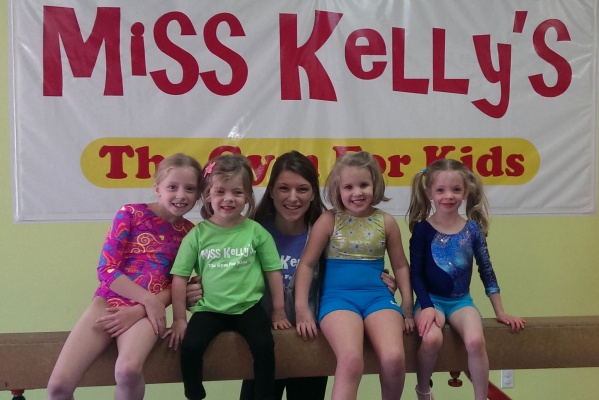

25 Alternatives to Yelling at Your Kids
For many parents, yelling has become a normal part of our daily routine. But recent studies show that harsh verbal discipline may be as harmful as physical punishment, especially for adolescents. Moreover, when Mom and Dad yell often, children of all ages are likely to tune out our reprimands and requests.
So what is an overwhelmed parent to do? Next time you feel the urge to yell, keep your cool – and maintain a positive connection with your kids – by resorting to one of the following alternatives instead.
1. Count to 10. Count slowly, either out loud or to yourself, before responding. If you need more time to calm down, count to 20 or even 100.
2. Whisper. Kids expect yelling, but you defy their expectations when you drop your voice to a whisper. This gets their attention immediately.
3. Dance. Your kids might think you are crazy, but again, you will get their attention.
4. Take deep breaths. Breathe in deeply, hold the breath for a few seconds, then breathe out through your nose. Deep breathing inhibits stress-producing hormones, relaxing both your brain and body.
5. Ask a question. Fight the urge to yell by asking a question like “Why did you hit your sister?” You may feel less angry once you hear the answer.
6. Listen. Do you need to say (or yell) anything? If your kids are talking, try listening to what they’re saying without offering any response.
7. Give a hug. Physical touch is often enough to melt your anger. If not, let it serve as a reminder of how much you love your child.
8. Laugh. You can find the humor in any situation if you look hard enough.
9. Cry. Tears are a positive way to release negative emotions. Instead of yelling, give yourself permission to cry when you feel upset or overwhelmed.
10. Leave the room. Sometimes, it’s best to turn and walk away. Address the issue later, when emotions have cooled.
11. Take a walk. Even brief physical activity can help you beat stress. A walk around the block removes you from the situation and gives you time to calm down.
12. Take a bath. Model self-care by meeting your own needs. De-stress with a hot, relaxing bath and afterwards you may no longer feel like yelling.
13. Look at baby pictures. It’s harder to be mad at your kids when you remember the adorable, little babies they once were.
14. Listen to music. Jazz and classical music are both considered calming.
15. Build more time into your day. Does most of your yelling revolve around rushing everyone out the door? Think about what you can eliminate from your life to create a more relaxed routine that will be less stressful for the whole family.
16. Eliminate unrealistic expectations. Give your children room to make mistakes. Instead of feeling angry when they mess up, view these situations as teachable moments.
17. Explore your own emotions. Are you really upset with your children? Or are you frustrated with another aspect of your life? Instead of unleashing misdirected anger, resolve the issue that is really making you mad.
18. Pretend you’re in public. Parents yell most at home, where there are fewer watchful eyes to judge or criticize. Imagine you are in public, and proceed as you would if others were watching.
19. Phone a friend. Moral support can make all the difference when trying to remain calm. Vent your frustrations to an understanding friend.
20. Call for back-up. It’s okay to need a break. Ask your spouse or partner to step in, or call a babysitter or neighbor to watch the kids for a few hours while you can regain your composure.
21. Yell into a pillow. If you are really upset, feel free to punch it too.
22. Play detective. Search for the why behind any bad behavior. Is your child acting up because of a problem at school? An undetected food allergy? Yelling can’t fix these things, but getting to the root of the problem can.
23. Have a secret signal. Throw your hands into the air. Spin three times. Dance like a monkey. Create a secret signal that lets your children know you’re upset – and working to calm yourself down.
24. Write it down. Keep a journal where you write down the words you feel like yelling. This way, you get to unleash your emotions without damaging your relationship with your kids.
25. Apologize. Even the best parents lose their cool on occasion. If you yell, be sure to apologize once you have regained your composure. Because, while it’s important to teach our kids that yelling is never the best solution, teaching them that even parents make mistakes is a valuable lesson too.

Alyssa Chirco is a freelance writer, mother and margarita lover, not necessarily in that order. In addition to writing for STL Parent, she is Contributing Editor at Parenting Squad, and covers parenting, health and lifestyle topics for publications across the country. She recently moved from the suburbs of St. Louis to a small town in rural Jefferson County, where she is learning to survive with no Target or Starbucks in sight. Follow her on Twitter @AlyssaChirco





















